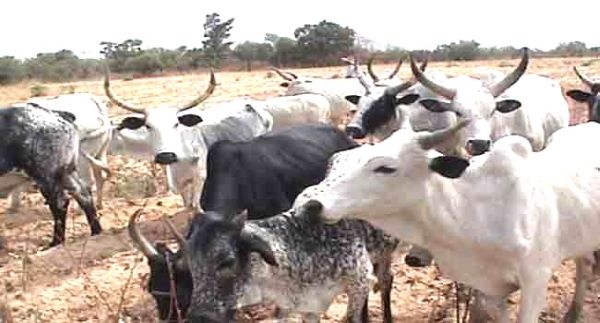Governor Inuwa Yahaya of Gombe State has confirmed the receipt of N60 billion from the Federal Government to support the establishment of a 184-hectare Agro-Livestock Industrial Zone in the state.
Speaking at the ground-breaking ceremony for the project in Gombe on Saturday, Yahaya said the initiative was part of President Bola Tinubu’s administration’s pledge of N120 billion toward the zone’s development, with half of the amount already disbursed.
He stated that the project is designed to drive a prosperous and sustainable future for livestock development in the state.
According to the governor, the 184-hectare industrial zone will feature an ultramodern abattoir, an international livestock market, fattening hubs, a tannery and leather factory, a world-class grain and livestock feed market, and an inland dry port.
“Each facility is equipped with cutting-edge infrastructure to ensure safe, efficient, and large-scale processing and trade,” Yahaya said.
He added that the Gombe Ultramodern Abattoir would revolutionize meat processing across the Northern region by offering hygienic, automated, and globally compliant processing, packaging, and distribution facilities.
“By eliminating the outdated practice of transporting live animals under unsafe and costly conditions, we are ushering in a smarter, safer livestock economy,” he noted.
Governor Yahaya emphasized that the project is expected to generate employment, boost productivity, reduce import dependency, and increase foreign exchange earnings across the livestock value chain.
He expressed gratitude to President Tinubu for supporting efforts to harness the vast potential within Nigeria’s livestock sector.
In his remarks, the Minister of Livestock Development, Idi Maiha, reaffirmed the Federal Government’s commitment to livestock sector advancement. He said the industrial zone aligns with President Tinubu’s Renewed Hope Agenda, aimed at improving animal processing capacity for both domestic and international markets.
Maiha praised Governor Yahaya for his vision in revitalizing the sector, adding that once operational, the facility will have the capacity to process 500 bulls, 1,000 small ruminants, and 3,000 poultry birds daily.


